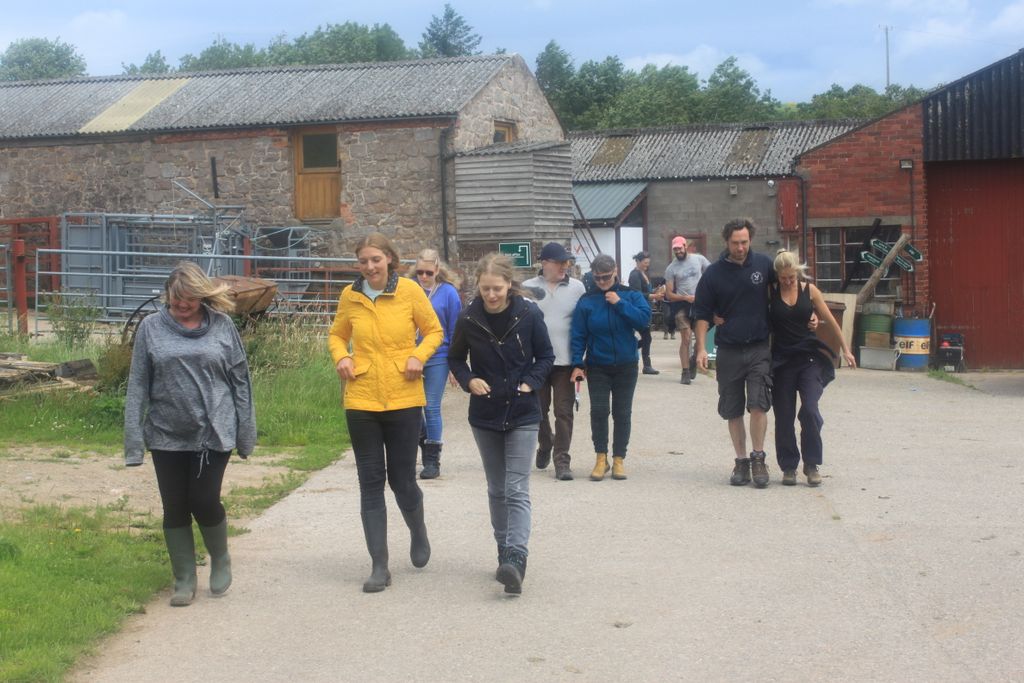
Escaping a World of Permanent crisis
Planning for 7 days in September. A new course is being offered at Treflach Farm by S39 for those interested in advanced permaculture design. It is aimed at people who have already completed a permaculture design certificate, or those already familiar with the core ideas and are looking for a modern update. The course aims to assist learners in developing plans and strategies to address stategic needs, whilst relating to global issues such as climate change and the end of cheap resources.
Are you interested in gaining further knowledge about permaculture design?
Ccompleted your permaculture design certificate and looking to take your knowledge to the next level, Treflach Farm has launched a new course just for you!
This Advanced Permaculture Design course is designed to help learners create strategies and plans to escape the crisis that seems to have become a permanent fixture in today’s world. Moreover, it aims to ensure that learners understand how to adapt to modern problems,and build resilience through strategies built around common vision,mutual support and mutual enterprise. If you’re intrigued, come along and participate in our brand new course!
Climate
The conditions that have allowed us to develop our intricate, energy-intensive, and interconnected society no longer exist. It has become evident that we have already stepped into a new era, and with that, the rules of the game are changing, creating uncertainty and disruption. But amidst all this chaos, there exists a silver lining – Permaculture, a discipline that teaches us that through change, opportunities arise.
However, it is also important for us to remember that nature has its limits, and it’s crucial for us to be cautious about our actions. If we cross its threshold, we could end up committing to changes that may be irreversible. Therefore, it’s high time for us to rethink our approach and embrace the principles of Permaculture to ensure a sustainable future for ourselves and for generations to come. Let us commit to preserving and protecting the natural resources that we have while making the most of the opportunities that change has to offer us.
Energy
As our global economy continues to expand through the pursuit of GDP growth, it is essential to recognize that relying exclusively on the extraction of finite physical mineral resources is not sustainable in the long run. While these resources provide the necessary foundation for economic growth, their continued depletion at an ever-increasing rate will inevitably lead to collapse.
Furthermore, our society is currently at the end of an energy paradigm, where the use of petroleum fuels has brought us immense wealth and progress, but at a significant cost to the environment. As such, it is crucial to begin embracing a new era of sustainable energy solutions that will allow us to maintain our standard of living without further endangering our planet.
While change can be daunting, it is important to remember that opportunities for growth and innovation often arise from times of transition. By looking towards what comes next, we can create a brighter future that benefits both the economy and the environment.
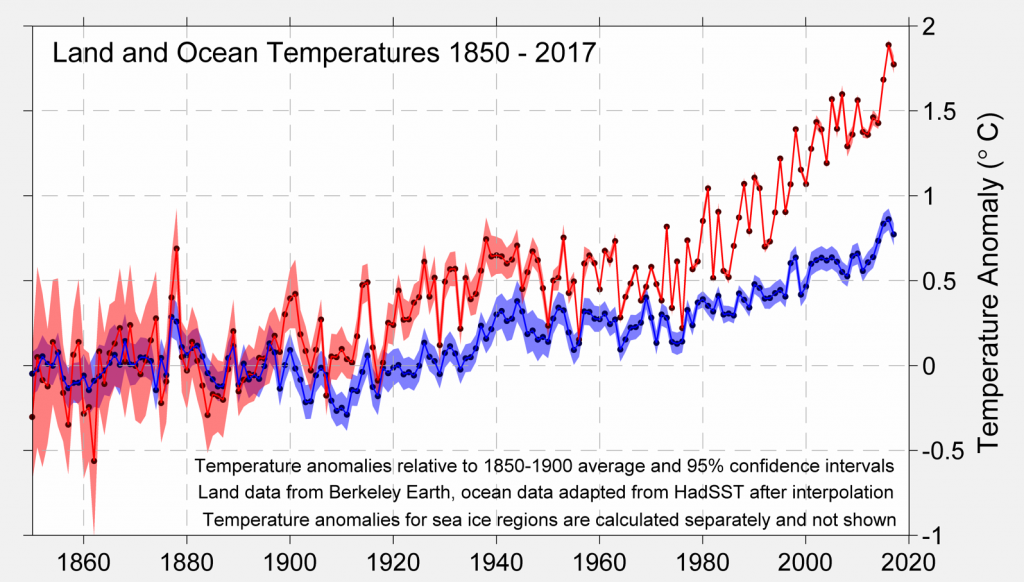
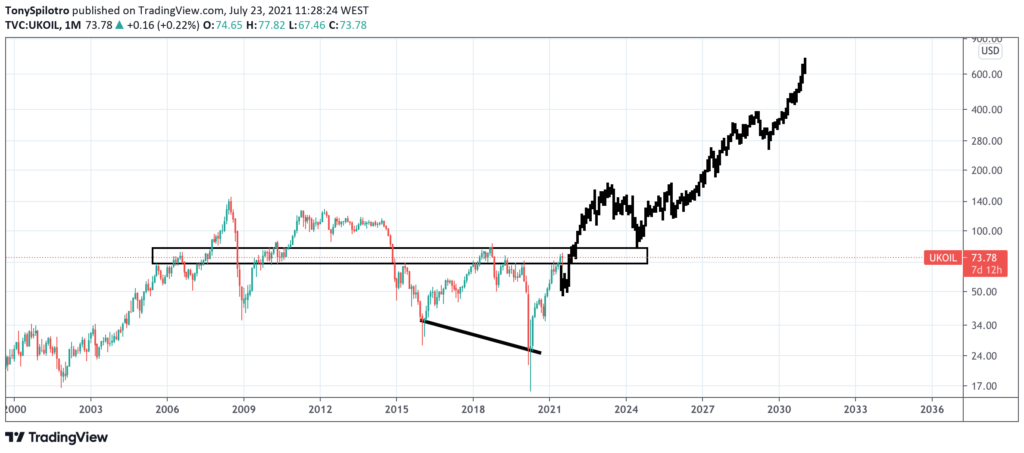
Are we ready for transformation?
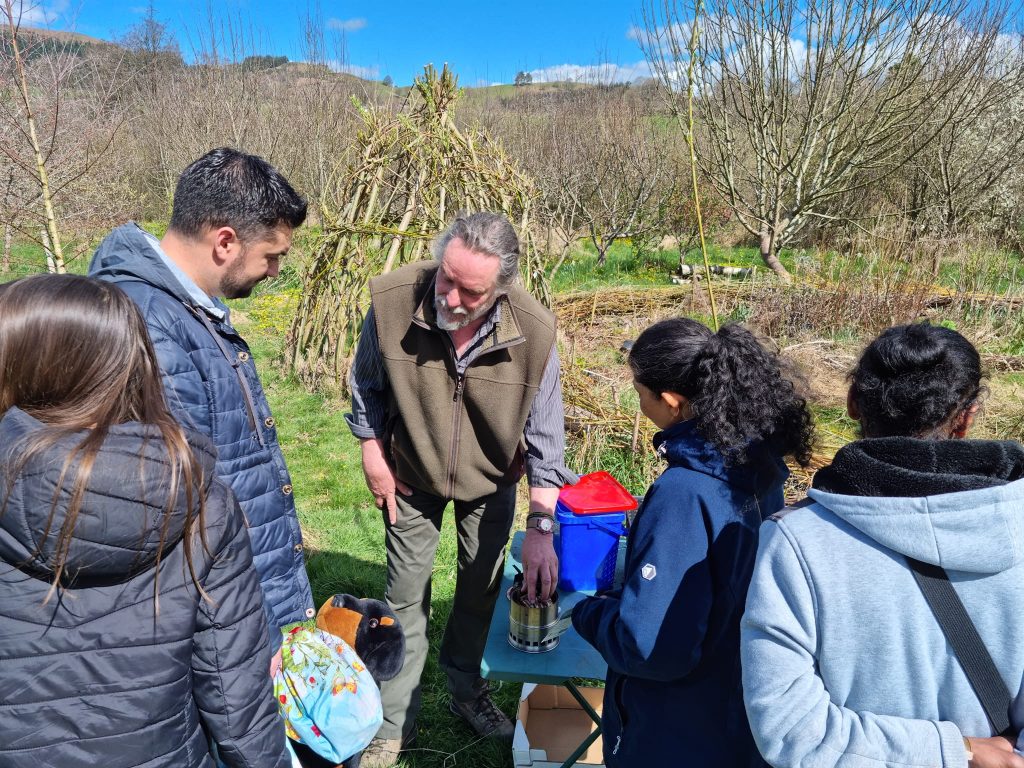
We can’t solve complex challenges separately by country. Coordinated top-down action feels authoritarian or gets stuck in political and ideological hurdles. Change must come from the bottom up and be rooted in experiences to avoid forced solutions. Climate and ecological distress and living conditions make it clear we need global strategies to achieve mutual benefits.
You may feel that the world we once knew is falling into a permanent crisis, and this is certainly a time of great change. Here are some questions we should consider:
1. How can we prepare for such a shift?
2. How can we best organize for a more resilient society?
3. Can permaculture offer a global response?
These questions are important to reflect on if we want to create a better future for ourselves and future generations. By examining how we can adapt and change alongside the world, we can better prepare ourselves for the challenges ahead. Permaculture is just one of many methods we can use to address these challenges and build a sustainable future.
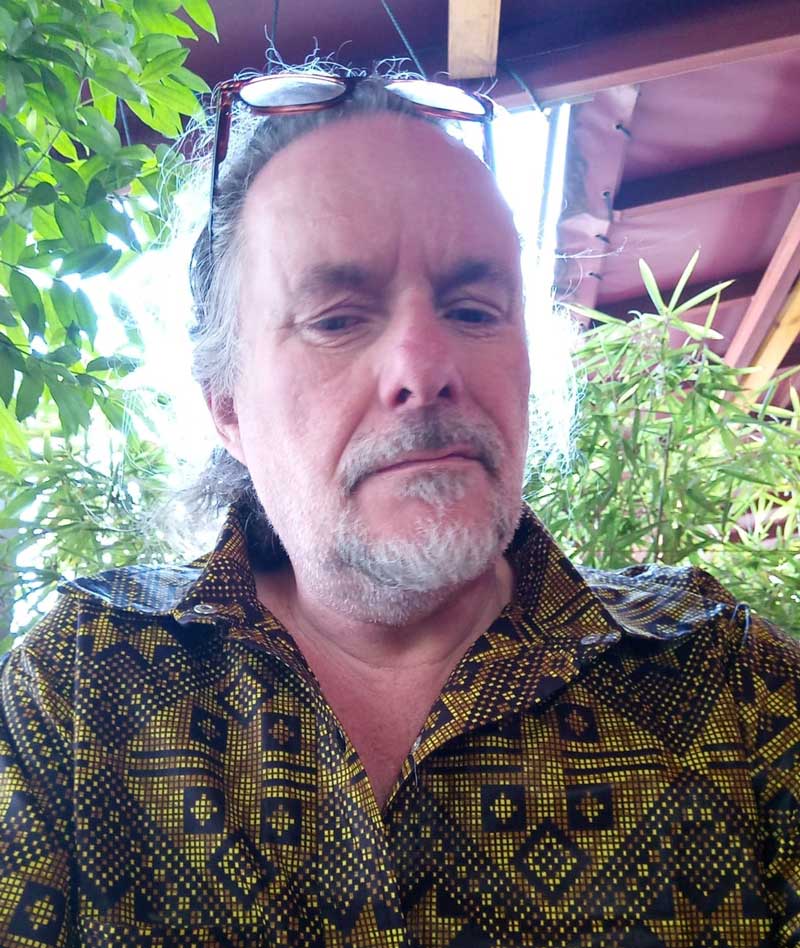
Our most far reaching PDC yet
As we reflect back on the content that we covered in previous design courses, we can see how our discussions about far-distant events are now becoming a reality right in front of us. Energy and climate challenges, which were previously considered as futuristic scenarios in the early 2000s, have now become some of the most pressing and powerful forces that we are grappling with today. In light of these challenges, it is necessary for us to shift our thinking and come up with new solutions. We must ask ourselves - can we find a way out of this constant state of crisis? Fortunately, permaculture design offers us an innovative approach to address these challenges. By utilizing permaculture design principles, we can begin to create sustainable solutions that enable us to face the realities of today, while also actively shaping our future for the better.
Towards a transitional economy?
Developing nations often have both formal and local economies. The formal economy exports and imports goods with hard currency while the local economy involves farmers and traders who exchange goods and use alternative currency. Digital currencies are being considered by governments for their ease and efficiency, but there may be multiple digital currencies people and businesses prefer for specific needs. While having a single standard digital currency for international transactions may streamline the process, the concept of buying and selling goods has evolved beyond standardized currencies.
Bartering and alternative currencies have become popular as people recognize the importance of self-sufficiency and local economies. Creating and producing goods, rather than just consuming them, can facilitate local economic growth and promote a sense of community that encourages the use of alternative currencies and bartering.
The venue for our course
Treflach farm sits on Offa’s Dyke, on the Powys/ Shropshire border, looking east over the Shropshire plane.
There is a dedicated classroom, camping area, and further facilities, as required.
Embracing doom, what if we can't fix the climate problem?

It’s important to acknowledge that the current state of affairs might not be the most pleasant thing to confront. It can be daunting to consider the possibility that our world is on the brink of collapse. However, it’s crucial that we face this truth head-on rather than ignoring it. It’s evident that the idea of a smooth and gradual transition to another reality is no longer feasible, and we must recognize that time is running out.
Rather than feeling defeated, we should strive to remain hopeful, and focus on the actions we can take to help mitigate the risks associated with this impending collapse. Ultimately, it’s up to each of us to make a contribution to securing our future in whatever way we can.
- An eco-centred civilization is ultimately inevitable
- We can’t save everything, focus on what is worth saving
- The extinction of homo sapiens is a possibility but not inevitable


You must be logged in to post a comment.